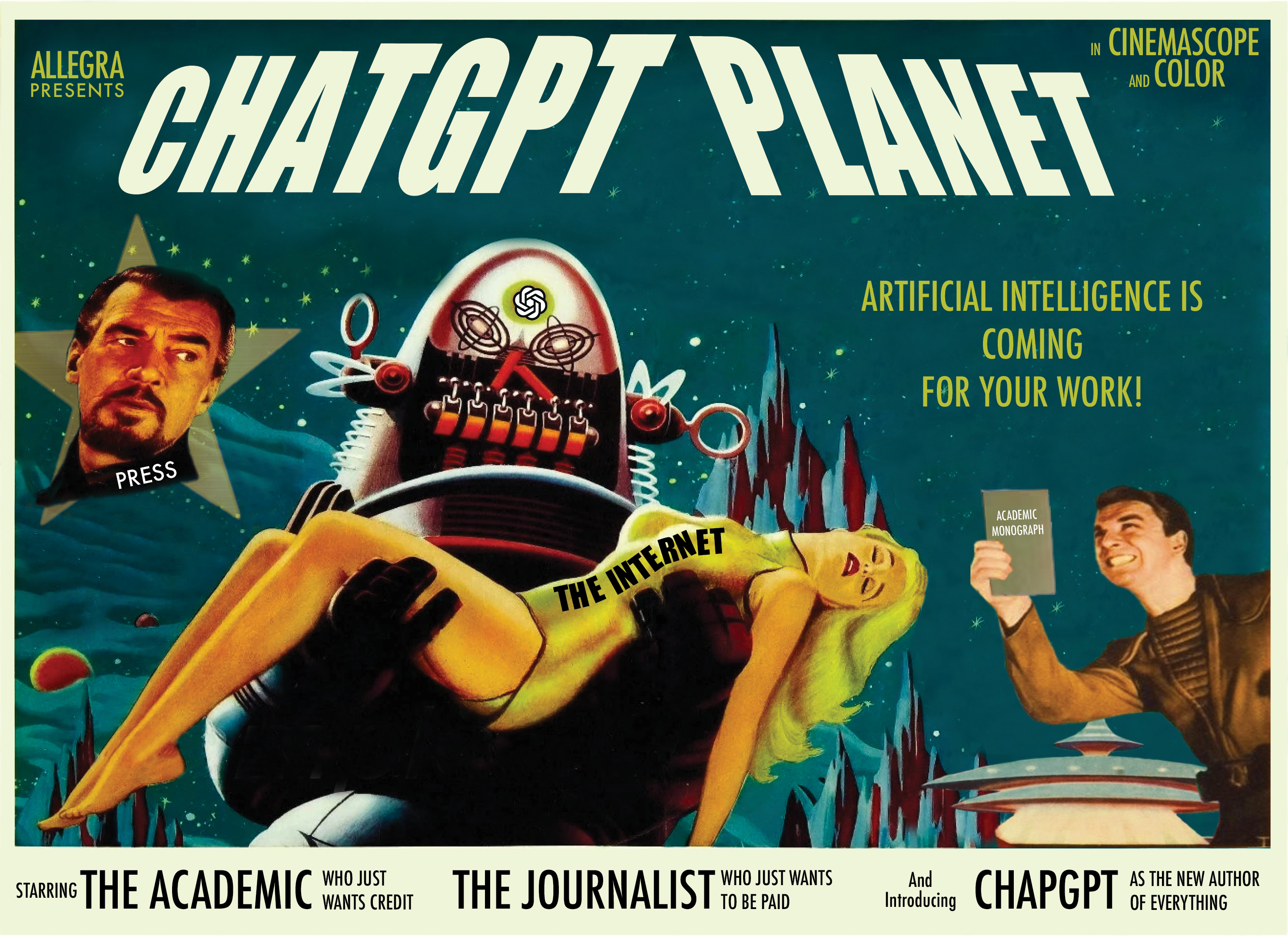A while back I experienced bitter disappointment as yet another funding application was rejected. The fact that I was only one of thousands of disappointed applicants did little to alleviate the upset that followed.
The rejected project plan was great – experimental, bold and timely. It ticked all the boxes that successful funding applications for this particularly scheme were supposed to tick. And yet the outcome was a sadly familiar nothing!
With rejection having grown into such a routine part of academic work, it is a miracle that one still gets worked up about it. Should not getting used to rejection be an essential part of considering oneself a true academic?
Perhaps so. And yet rejection still stings.
It stings as it inevitably becomes cast as a sign – to oneself and perhaps also to others – that the application just wasn’t good enough. No matter how many applications are submitted, the really good ones always get funded. They stick out. Or so one experienced reviewer once claimed.
In our current academic world obsessed with ‘excellence’ – measured via numeric ‘impact’ and particularly over the amount of external funding that one succeeds in attracting – it is very difficult to snap oneself out of this logic.
To keep on reminding oneself that the true merit, the worth of one’s work is divorced from such worldly trivialities.
And of course counter-arguments are evident too. As the number of funding applications keeps growing at alarming rates worldwide, the percentages of funded ventures are also declining. We have just learned that for the EU Horizon 2020 research scheme 147 applications were submitted and 2 will be funded. That is 1.3% of all applications. A figure testifying that there simply cannot be any correlation between objective ‘excellence’ and the ventures that receive funding.

Photo by Isaac Bowen (flickr, CC BY-SA 2.0)
Inevitably the growing number of applications impacts how they are evaluated – assessments are bound to grow more routine. To be more haphazard in terms of how the evaluator’s expertise matches that of the applicant. It is actually surprising – nay, alarming – how little we know of just how funding decisions are made, concretely. How much time is spent on every single application?
At what point is an applicant doomed – do the first few lines suffice?
If so, is this really a relevant way for making judgments over which ventures are the ones that matter? Which are the ones that push the boundaries of our collective awareness most acutely in the given moment in time?
We know a bit more of assessment experiences from the other side of the table, that is from the Research Excellence Framework – an exercise so gruesome and ludicrous that one wishes that we would soon leave it behind us.
I remember stumbling into the office of one university professor who was going through his share of assessments. He was absolutely white in the face, evidently delirious and without full mental abilities for concentration.
On his desk was a thick pile of articles, all due to be examined by the following morning – at which time he had to leave for the airport to attend a conference. “It’s gona be an all-nighter”, he remarked with a slight rasp. “I have 10 minutes per article.”
There you have it – a neat measurement of excellence: 10 minutes. Sort of the time required for enjoying a pint of lager, if one is in a bit of a rush.
I am increasingly convinced that the worst thing about most funding assessments is that they are done anonymously. Given how high an emphasis is placed on third-party funding in academic institutions these days, it feels down-right incredulous that we pay such little attention on who exactly assesses our work – and whether they really have any expertise for doing so.
This results in the concrete replacement of the self-corrective component of scholarly/scientific work via peer review with the anonymous meritocracy of those who have money, or who for whatever reason have been invited in to assess the work of others by those who have money.
Do we really have any evidence to suggest that we should trust or respect the judgement of these anonymous experts?
To trust that they do not represent the most conservative segments of our scholarly fields – this being the precise reason why their scholarly competence translates to the kind of expertise that those with money consider as trustworthy?
Looking around us it feels uncontested that this present way of allocating funding contributes directly to the stagnation and conservativeness of the academia.
We see increasing evidence that genuine cutting-edge, forward work is done outside of existing funding schemes. Just take Allegra as an example.
If only one did not have to rely on a paycheck to do one’s research. Antonio De Lauri is right: to be truly independent, academic work needs to remain bourgeois. At times it feels that only the economically self-sufficient can afford to take the risks that doing genuinely meaningful work requires.
And even then it is not that easy: we increasingly seem to be confusing work that really matters with work that is being funded – no matter who the funder is, or who have been the anonymous experts making these judgements.

Photo by Jason Devaun (flickr, CC BY-ND 2.0)
This all becomes very difficult to bear in these bitter moments of personal disappointment. In the moments when hopes of ‘this is finally it’ are once again shattered, one’s future looks as uncertain as ever, and any hope of a career – not to mention glory of any sort – seem to vanish from view.
How to hold onto to the belief that what one has worked on for so long really matters; that one has a point of view that deserves to be heard and that could make ‘an impact’ on the world? At what point should one simply look at oneself in the mirror and admit that it is time to call it quits? That it was fun – sort of – while it lasted, but that this simply won’t work out.
That this last rejection was indeed just that: the last.
Difficult, impossible even to say. Especially since no one else can say this from the outside with any certainty. Sure, we all know the percentages – and simultaneously that does not mean that every new open call for funding is not also a genuinely new option. That in the next application round we could very well fit in that 10%, or the 5%, the 1.3% – or even the luxurious 25% – that is considered worthy of money.
Realistically, in today’s academia doing research just doesn’t make any sense – and consequentially it is an utter miracle that so many practical geniuses still choose it as a life path. Or perhaps this is where things need to be clarified: is doing research and being an academic really a life choice? Is it not more like something that you just are, and cannot help but be, so help you god/allah/krishna/etc.?
Perhaps this is the final point: we do what we do because this is who we are, and this is what we have to do. Because we simply have no choice.
We follow these ridiculous odds, knowing that our work is unlikely to be funded, at least without gaps in between funding periods.
We do all this while we are fully aware that more times than not it will be some disciplinary hack not familiar with the basic contours of ethnography who will assess us, calling our methodology ‘vague’ – as a philosopher recently did to a dear anthropologist friend of mine.
And somewhere deep down – despite of all the humiliation and hurt – we’ll continue to hold onto the belief: “yes, my point of view does matter, and it could make ‘an impact’ – if only I was given the opportunity to show it!” Because of this we keep on going, no matter how pointless it often feels. If we are lucky, we do not tread on this path alone, but rather have friends who can help us hold onto our belief in those (many) moments when it otherwise feels so hard.
And maybe as a consequence of all this, we’ll muster the energy to write posts about the ludicrousness known as anonymous review, questioning those hiding behind these masks of objective expertise, and saying to them:
Anonymous Reviewer – come out wherever you are! We need to talk.
Featured image by bliXXa (CC BY-NC-ND 2.0 DE)






I have the same dilemma in the last years – to give up, to keep going against the wall?!… But then, great feedback from other people makes you continue and hope: For somebody this will count one day!
At least until the next rejection…
I am keep wondering in the last time how other people do it: their CVs seem full of achievements, their grants seem to flood like a river. For me, it feels falling after each step. Then, again, more research, more applications, more frustrations.
I hope this is not the “victim’s” perspective, but in the last time I came to the same realisation: the ‘real’ research doesn’t happen in the funding schemes, you do certain things because you feel is the right way to do it and because you deeply believe you can make a contribution. In the end, the funding schemes seem to be quite random: no coherent plan, no coherent expected results, no coherent coverage of subjects. The ‘extraordinary’ we so much fight against in anthropology became the main criteria of funding. It is sad and so hugely restrictive, especially since we live in ordinary, but choose to study only the extraordinary.